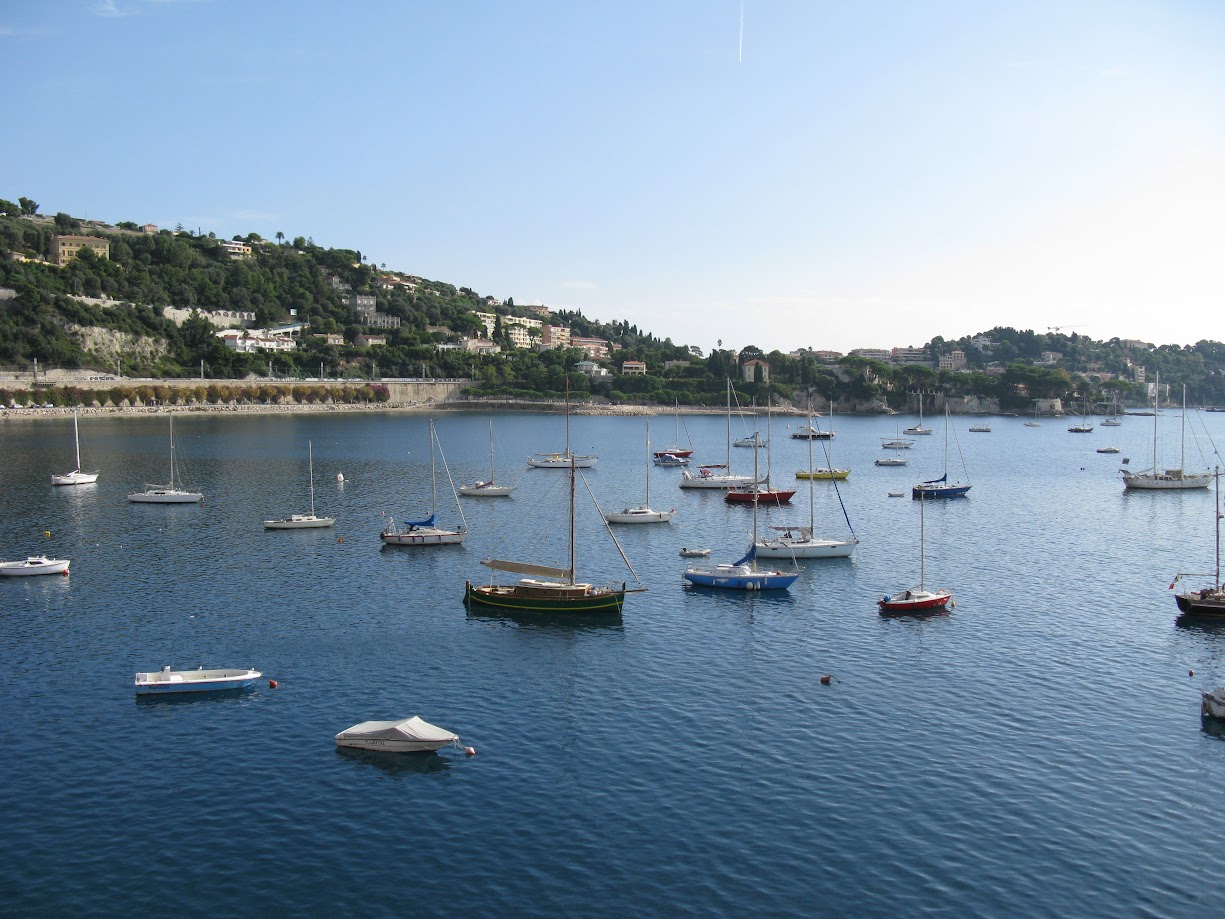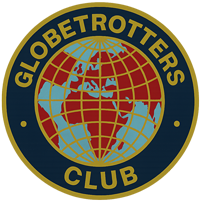Category: Main article
-
Traveller’s Diseases: Cholera
What is it: cholera is an acute, diarrhoea illness caused by infection of the intestine with the bacterium Vibrio cholerae via contaminated drink or shellfish. Transmission happens through contaminated water
-
Meeting News from London Saturday 7th February London meeting by Padmassana
Our first speaker this month was Chris Bradley, whose talk was called “Walking Wadi Hadramat”. Chris made a 550 mile solo trek through this barren area of Arabia. Yemen is
-
Our Friends Ryanair
Ryanair have added nine new routes to its service across Europe. Four of the routes will operate from London’s Stansted Airport: to Linz in Austria, Bari in Italy, Erfurt in
-
Meeting News from New York
For details of forthcoming meetings email newyork@globetrotters.co.uk or register for email updates, click here at our website. New York meetings are held at The Wings Theatre, 154 Christopher Street(btw Greenwich
-
Mac’s Jottings: Malaysia
U. S. Soldiers Home, Washington: during a century of travel (well 78 years!) both in and out of service I have travelled to over 150 countries (I count both North
-
12 Questions To Ask Inca Trail Operators Before The Big Trek
This is an extract from a great website that gives visitors to Peru lots of invaluable information about Peru, how to get around, visas, museums etc. It is a not
-
Meeting News from London by Padmassana
Find out what happened at previous meetings in London and about future events Saturday 6th December 2003 London meeting Our first speaker was Paul Goldstein whose talk was entitled “Africa:
-
Mac's Travel Tips
Mac’s been reviewing travel websites again and here are some of the better travel tips he’s gleaned and would like to pass on to us: Water or sports drinks plastic
-
Meeting News from New York JANUARY 10th, 2004 Rebuilding the Ruins of Afghanistan — Michael Luongo
From women who work at re-opened museums to hunky gym rats who worship Arnold Schwarzenegger, Afghanistan has changed in the 2 years since the ouster of the Taliban. A lot
-
Iris's Diary of An Overland Trip Through South America
Iris and her group arrive in Salvador in Brazil. What can I say about Salvador? I loved the place. It wasn’t so when I first arrived because we got there
-
Meeting News from Ontario Friday, January 16, 2004 at Time: 8 pm SOUTH AFRICA by Thelma Briggs
Venue: – please note the change: Old York Tower, 85 The Esplanade (SouthEast corner of The Esplanade & Church) – 2 block east of the Union station. Public parking garage
-
Mac's Jottings: Kenya
U. S. Soldiers Home, Washington: during a century of travel (well 78 years!) both in and out of service I have travelled to over 150 countries (I count both North
-
Meeting News from Texas
Once again, we were honoured to have Norman Ford, founder of the Globetrotters Club, on hand presenting a slide show of his September 2003 Nordic adventure with us entitled: Around
-
Burma Revisited
Derek, a retired UK diplomat, contacted the Beetle to say that all too often the controversy over whether or not to visit Burma tends to overlook the very important issue
-
'MWENGE' by Jean Milnes
‘Mwenge’ is the Kiswahili word for torch but it also represents a major national event in Tanzania, which is also known in English as the National Torch Run. If you
-
Traveller's Diseases: Lassa Fever
What is it: Lassa fever is an acute viral illness that occurs in West Africa. It is highly contagious and occurs mainly in the dry season in West Africa, particularly
-
Siem Reap by Judy
Judy from the US write in to tell the Beetle about her recent visit to Siem Reap. This is what she says: My husband and I were in Siem Reap
-
February 2001 – Sicily by David Siracusa
The latter part of the flight over was terrific, with snow on the Gran Sasso first and then, towards the end, there was the fabulous spectacle of the Aeolian Islands

